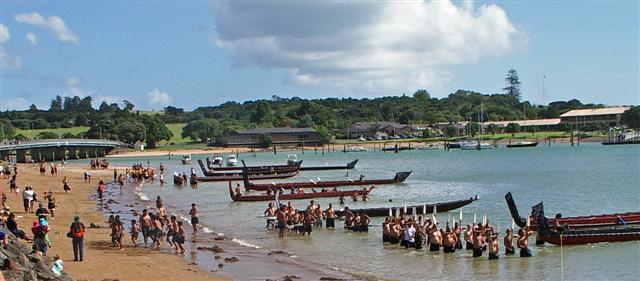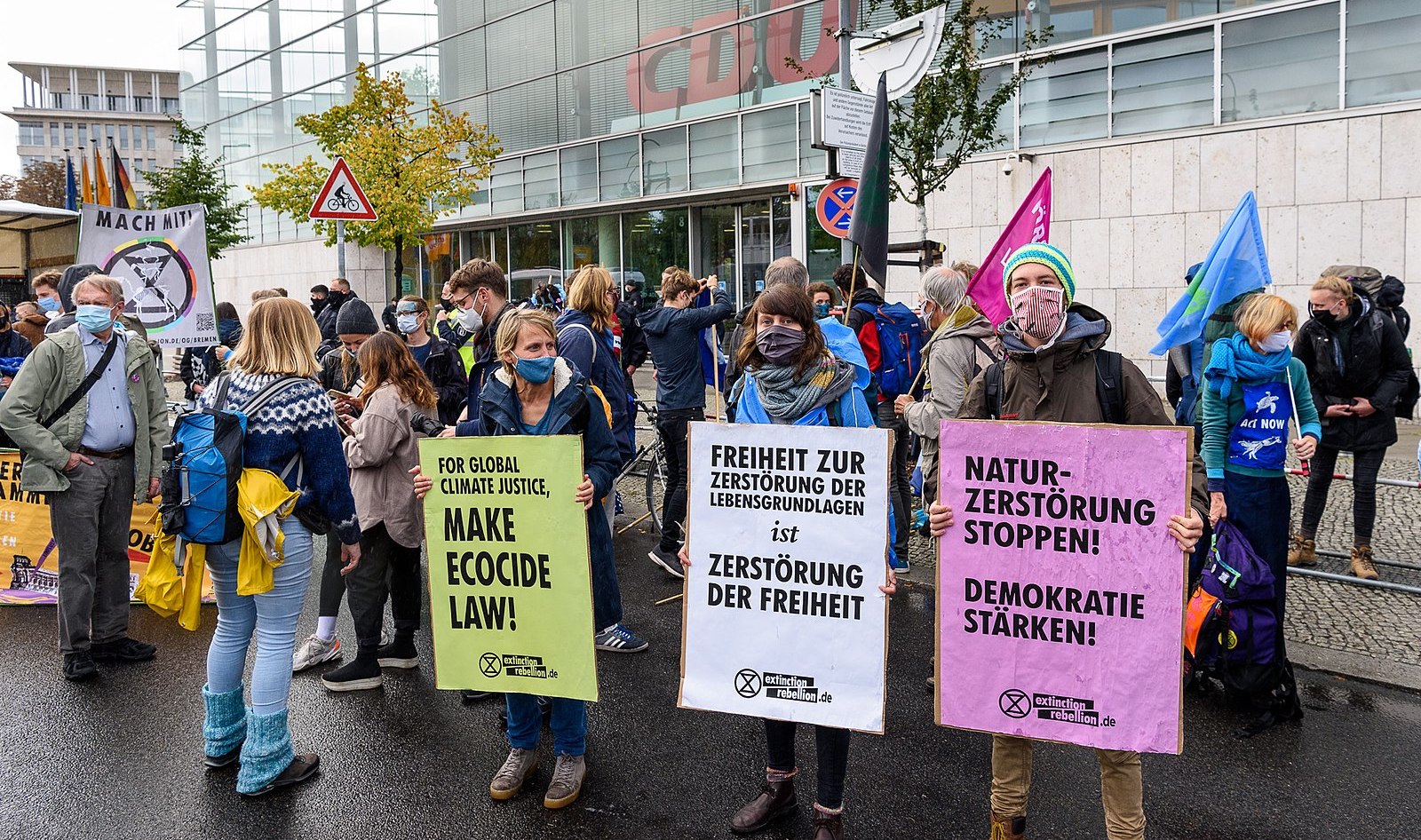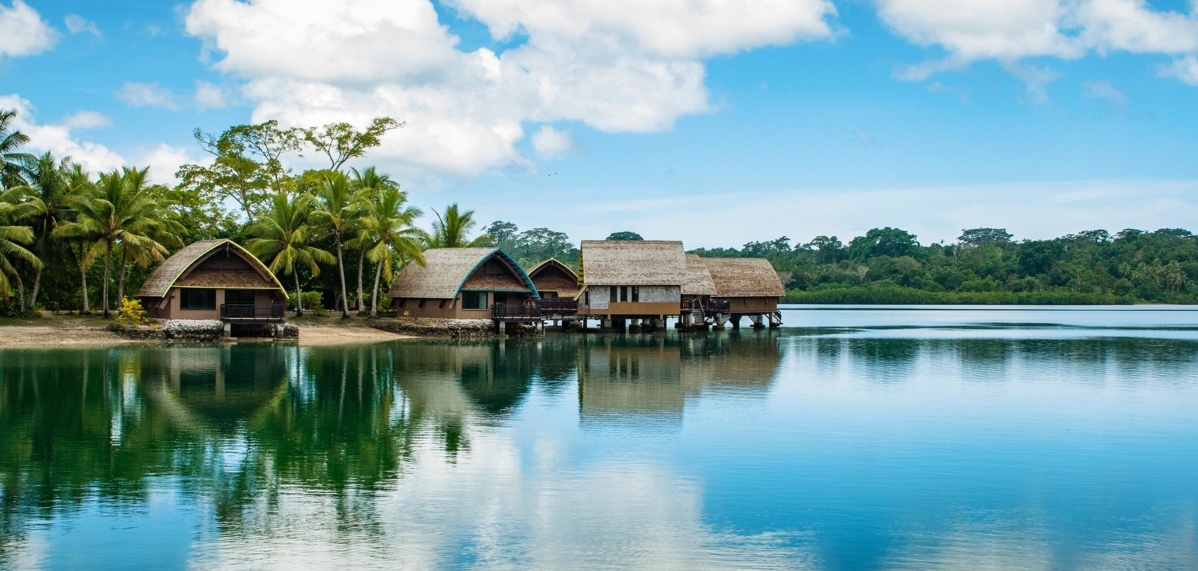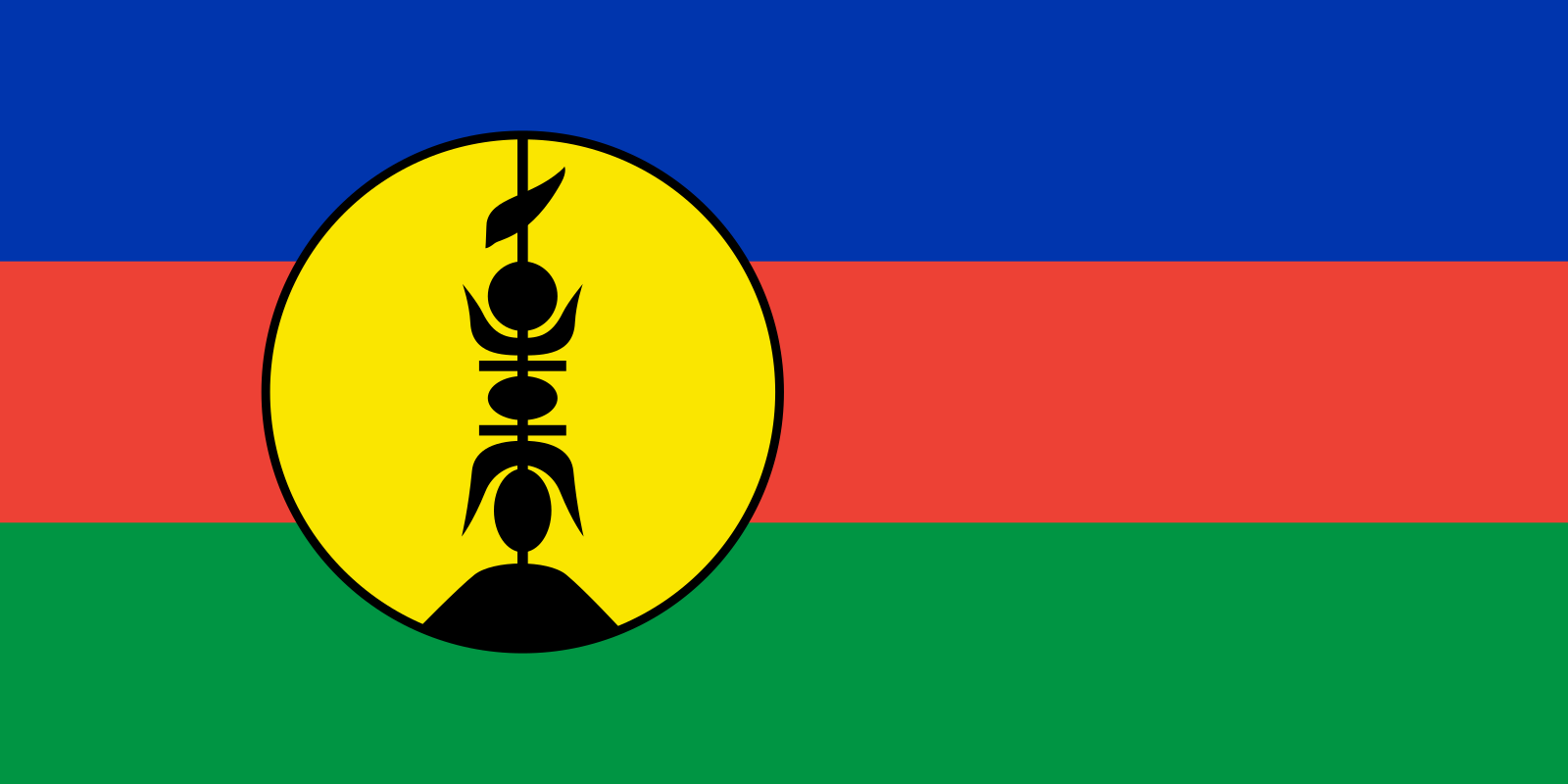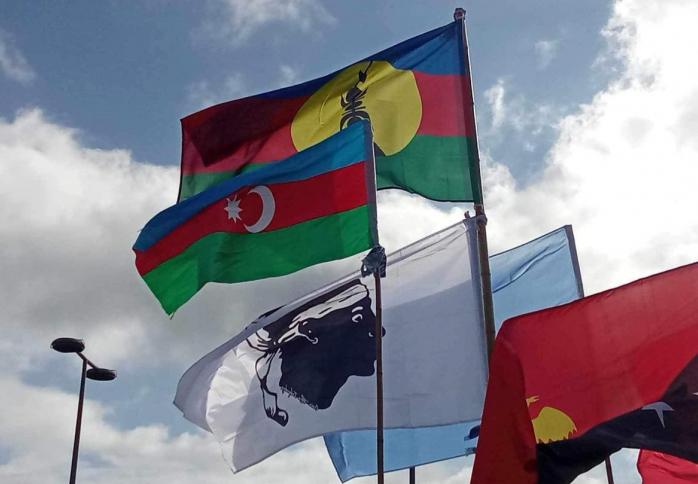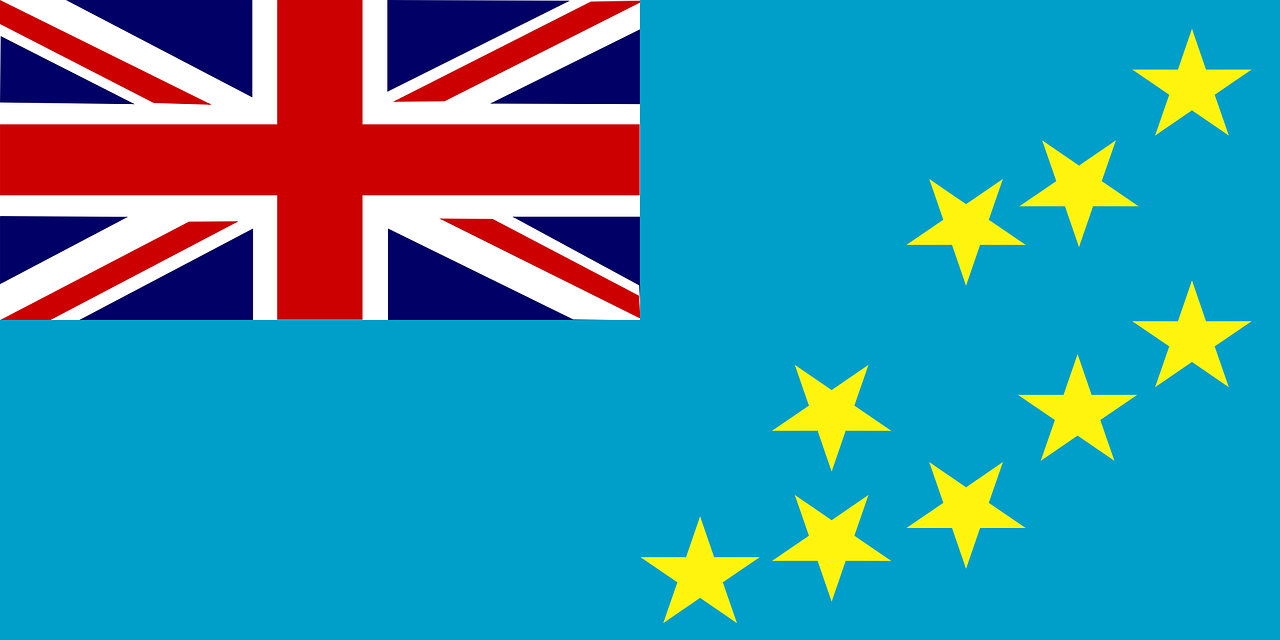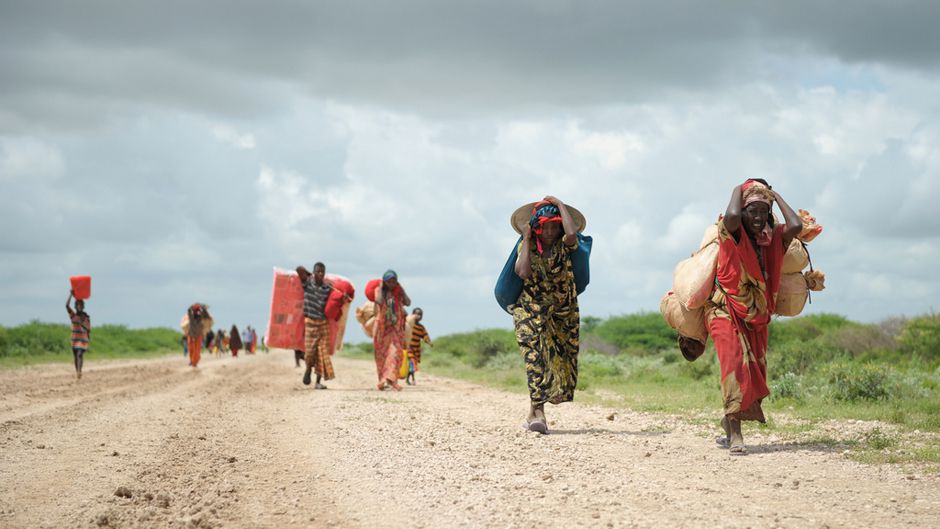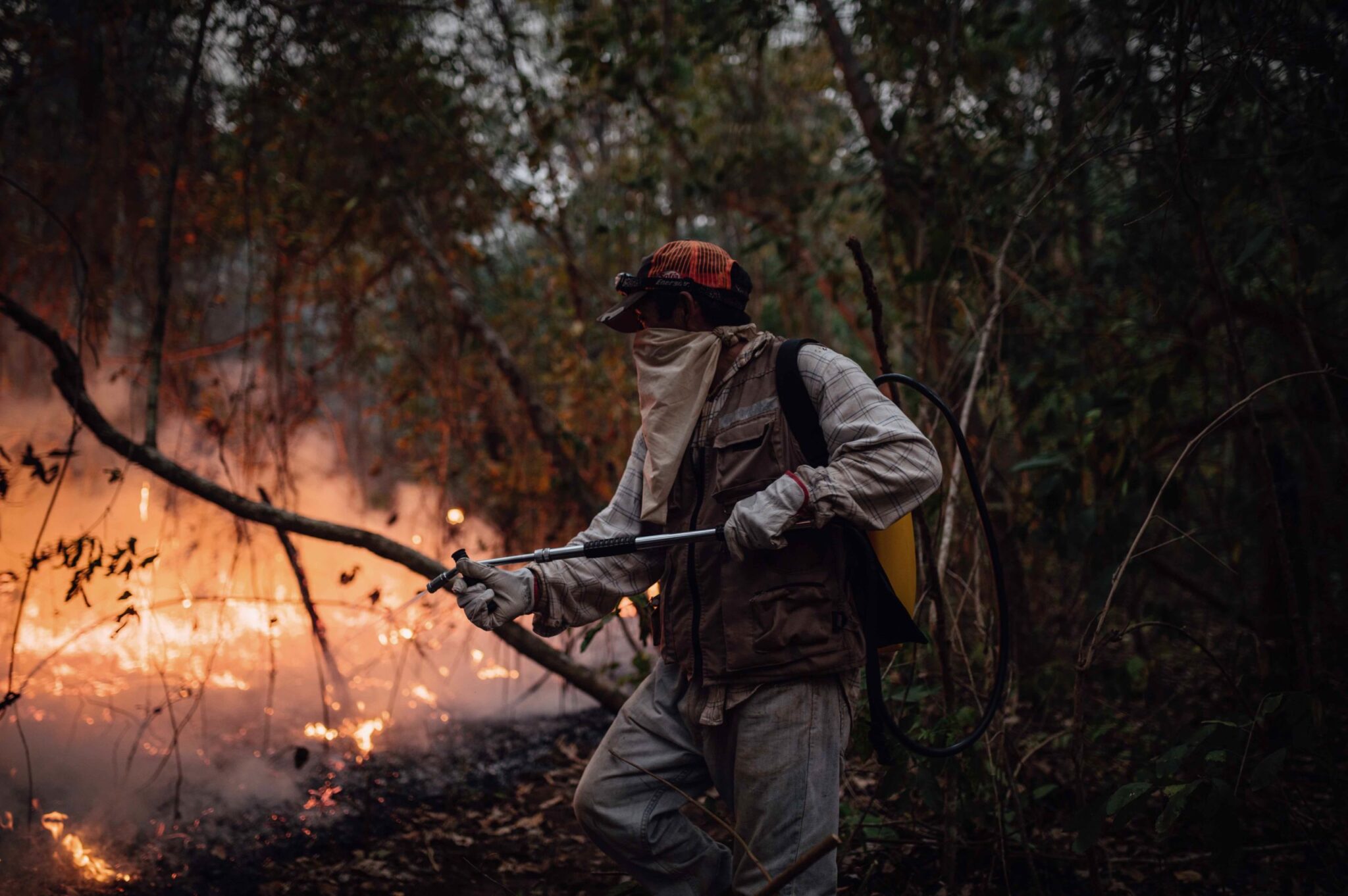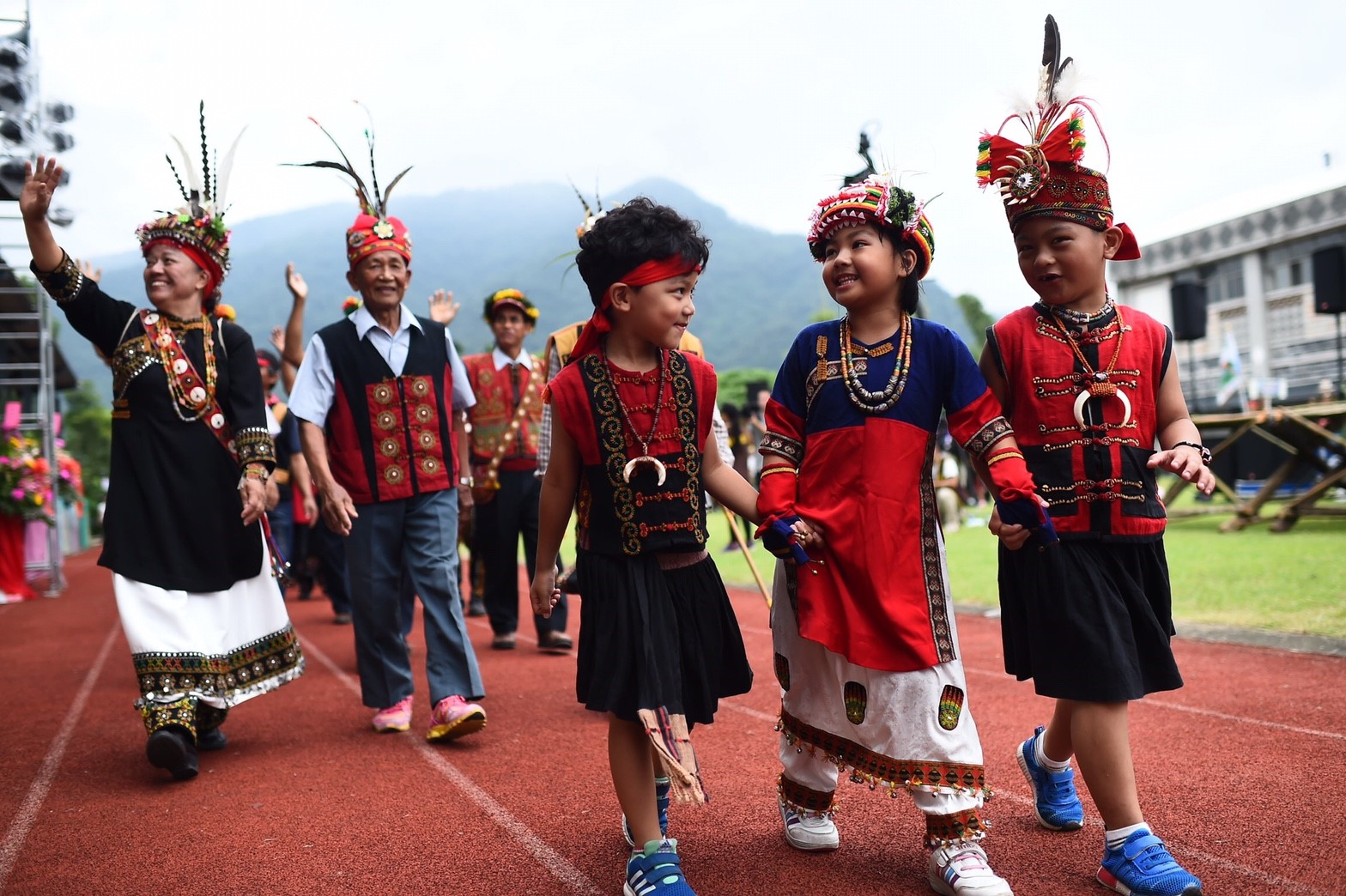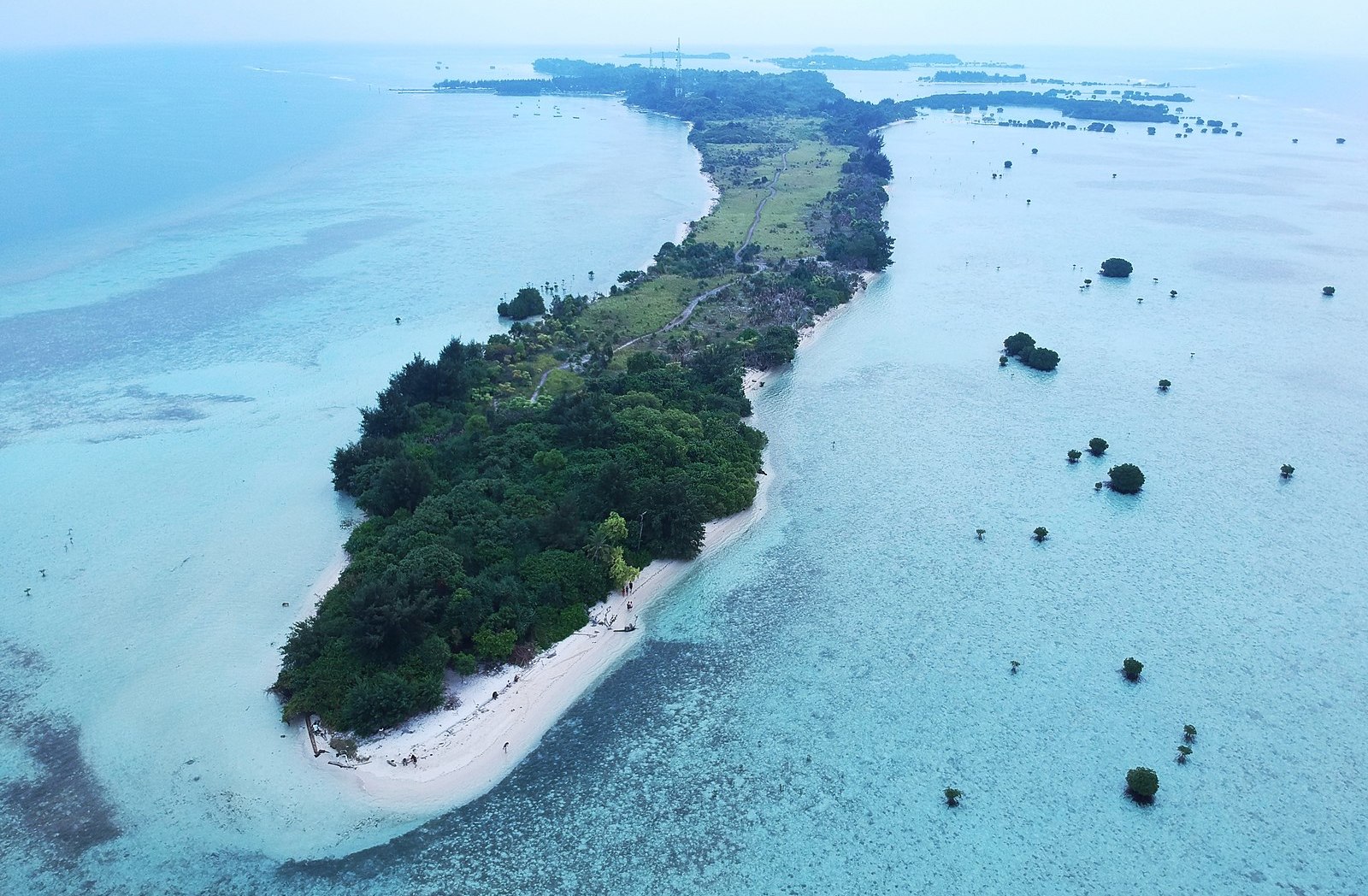
ICJ hearings on state climate obligations
The International Court of Justice (ICJ), the principal judicial organ of the United Nations, commenced hearings at The Hague on the obligations of states concerning climate change. The request for an advisory opinion from the ICJ was submitted in March 2023, following the unanimous adoption of Resolution 77/276 by the UN General Assembly. The resolution sought the court’s guidance on the obligations of sates to “ensure the protection of the climate system…for present and future generations,” and the legal implications of “acts and omissions [that] have caused significant harm to the climate system.” The call for the resolution began as a grassroots initiative in Vanuatu, and was taken up by Micronesia, Bangladesh and other states at most imminent threat from sea-level rise. (Photo: ICJ)



